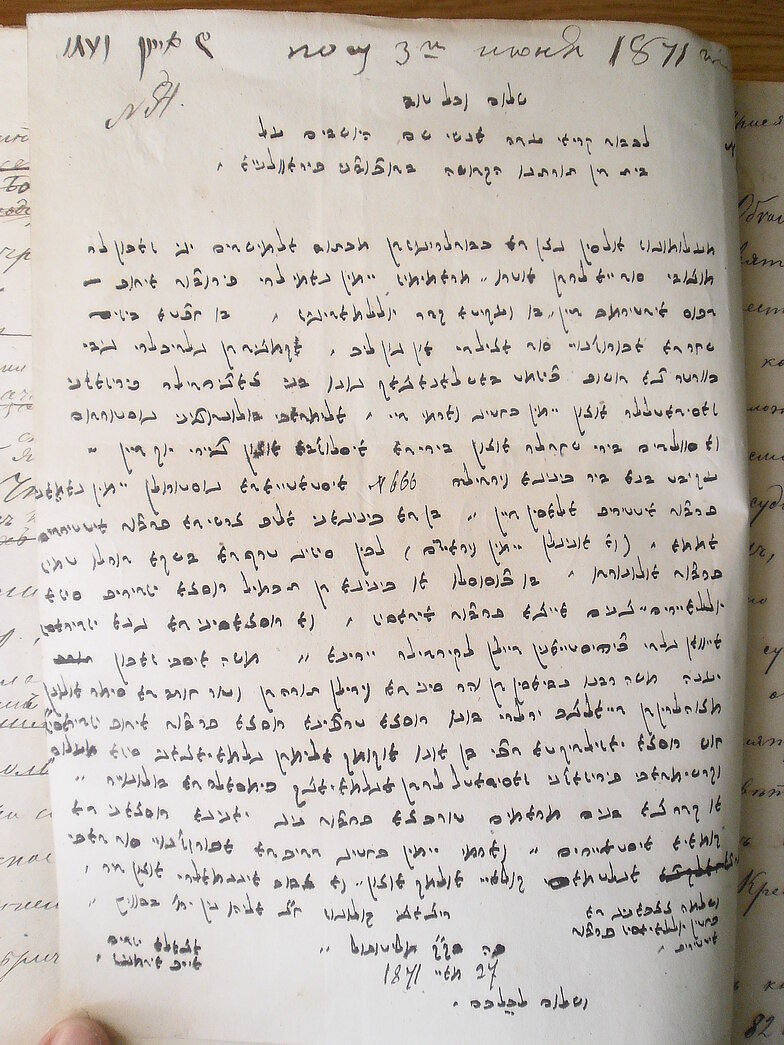
Principal investigator: PD Dr. Stefan B. Kirmse
This project is financed by an ERC Consolidator Grant (JUSTIMINO, no. 101048445).
For more information on the team and their individual research projects, please click here.
While there is no set definition of the ‘rule of law’, with over half a dozen indices competing for recognition and influence, the Russian Empire and the Soviet Union would not score high on any of these. And yet, the notions of legality (zakonnost’) and justice (spravedlivost’) greatly mattered in both: political and cultural elites invoked these notions as much as the wider citizenries, with outcomes that could not be scripted. While existing literature has addressed both ‘legality’ and ‘justice’ in studies of state policy (focusing, for example, on imperial reform or ‘socialist legality’) and in histories of intellectual opposition to the tsarist and Soviet orders, there is little recognition of how important and instrumental they both were to ethnic and religious minorities.
Non-Russians made up over half of the population in the late Russian Empire (thus ironically constituting a majority, if taken together) and just under 50% of people in the Soviet Union. Whereas religion was one of the key determinants of rights, privileges, and obligations in the empire, ‘nationality’, understood in ethnic terms, replaced religious affiliation in this capacity under socialism. Just as religion greatly affected access to places of residence, occupation, and education in the imperial period, nationality did so under Soviet rule. Being part of a religious or ethnic community other than the dominant one (usually the Russians) could mean open or subtle forms of discrimination. Yet, such discrimination was neither automatic, in most cases, nor did it go unchallenged. This project therefore explores the ways in which ethnic and religious minorities, from the Russian Empire’s ‘Great Reforms’ of the 1860s to the dissolution of the USSR in 1991, routinely invoked and employed ‘legality’ and ‘justice’ to further and enforce their rights within otherwise repressive systems. It argues that these systems allowed, even encouraged, them to do so, even if the debate and activism thus invited could help to erode their authority. What is more, minorities were also represented among the political and cultural elites, from imperial lawyers to Soviet party officials.
Thus, JUSTIMINO looks at minority actors from both ‘above’ and ‘below’, as participants in policy-making and public debate, as judges and litigants, and as local activists. What did Muslim and Jewish groups in the Russian Empire, and Crimean Tatars, Chechens, Armenians, and others under Soviet rule expect when they called on ‘justice’ and ‘legality’? More importantly, how and to which degree did this strategy help them defend their rights in two highly authoritarian states? While there are obvious differences between the imperial and Soviet periods in this regard, there are also substantial similarities. To track these, the project proposes a multi-sited historical enquiry, combining an analysis of published sources with extensive work in regional and central archives, and oral history. This ground-breaking research will also create an online database on minority legal action that will be debated with NGOs and wider society in a variety of innovative knowledge transfer formats.
